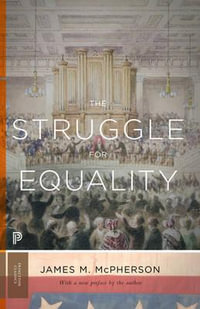This classic work details what happened in France during the year 1789, the first year of the French Revolution. First published in 1939 for the sesquicentennial of the Revolution, the book was suppressed by the Vichy government after the outbreak of the Second World War and the subsequent collapse of the Third Republic. Since most copies of the original French edition were destroyed, the work remained virtually unknown until Princeton University Press published R. R. Palmer's English translation in 1947. This new edition includes an introduction by Timothy Tackett that provides a short intellectual biography of Georges Lefebvre and a critical appraisal of the book after the research and reassessment of three generations of historians. In 1939, in observation of the 150th anniversary of the French Revolution, and on the eve of the Second World War, the great French historian Georges Lefebvre published this classic study of the beginnings of the French Revolution, from the summer of 1788 to October 1789.
Lefebvre's signature contribution was writing history "from below"--a Marxist approach--and his particular specialty was the French Revolution as viewed from the experiences of the peasantry. Placing the "common people" at the center of his analysis, Lefebvre emphasized the class struggles within France and the significant role they played in the coming of the Revolution. With the beginning of World War II and the rise of the Vichy government in France, however, Lefebvre's book was suppressed and burned as a piece of blasphemous and revolutionary literature. R. R. Palmer, himself a distinguished historian of the French Revolution, translated the book into English, earning it widespread readership and recognition in the Anglo-American world. Although recent historians have reinterpreted the Revolution and disputed Lefebvre's conclusions, The Coming of the French Revolution remains essential reading for anyone interested in the origins of this great turning point in the formation of the modern world. More important, as Palmer pointed out, studying the origins of the French Revolution broadens contemporary understanding of democracy, dictatorship, and revolution.
Industry Reviews
"Simply the best introduction to the study of the French Revolution available anywhere."--Nation "A pleasure to read... Lefebvre sets forth clearly the many causes of that insurrection and explains the influences exerted by the various classes and factions--the nobles and the clergy, on the one side, and the bourgeoisie and the peasantry on the other."--New Yorker "Much more than a history of 1789... [A] synthesis, conveying a philosophy of the Revolution as a whole, such as could be written only by a seasoned scholar."--American Historical Review
























